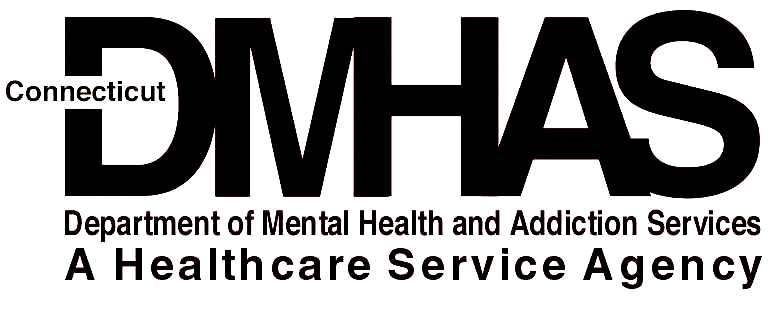 |
Information . . . foundation for good policy |
|
Governor M. Jodi Rell |
Commissioner Thomas A. Kirk, Jr. , Ph.D. |
December 14, 2006
"Standardized Screening for Co-Occurring Disorders"
A look at the standardized screening tools used in testing for signs of co-occurring disorders and the advantages of using these instruments in the public domain.
December 7, 2006
"2006 Satisfaction Survey"
The results of DMHAS' annual client satisfaction survey show consistently high marks over the past four years.
November 29, 2006
“Mini-Grants Open New Doors to Recovery” “Helping others helps yourself” is the idea behind a successful peer-run grant program that is highlighted in this issue.
November 9, 2006
"In Our Own Voice"The Connecticut chapter of the National Alliance on Mental Illness (NAMI-CT) offers In Our Own Voice, to interested groups to help people better understand mental illness. Learn more about these presentations given by people who are in recovery from mental illness.
September 29, 2006"Collaboration Maximizes Recovery"Read about a collaborative program in CT's Eastern Region that helps individuals with mental health and/or substance use disorders access necessary services and supports to improve their likelihood of successful recovery.
September 14, 2006"Changing Lives...Shaping Futures"
A look at Advocacy Unlimited (AU), a unique agency funded by DMHAS that empowers people with mental illness to advocate on behalf of themselves and others.
July 20, 2006"Intervening Earlier Can Mean a Lifetime of Difference"
One in five adults surveyed in 2004 were found to be risky drinkers. Learn more about a low-cost early intervention that leads to reduced alcohol use for many risky drinkers.
June 26, 2006"Young Adults Making Progress in Recovery"
Look what’s happening in southeastern Connecticut’s Young Adult Services Program! See how the program helps to foster independent living with an emphasis on community integration through recovery-oriented educational, health and recreational activities.
May 25, 2006"The DMHAS Recovery Institute 2006"
"Recovery" is the framework from which all services are delivered in the DMHAS healthcare system. Please read the attached to learn about the important role of the Recovery Institute in providing training and consultation to support the concept of Recovery.
May 19, 2006"Young Adults Making Progress Towards Recovery
YAS staff at Southeastern Mental Health Authority Young Adult Services (YAS) Program assist young people to develop natural supports within the community so that their developing identities span beyond the mental health system to also include community and neighborhood organizations as the next step in their recovery.
May 1, 2006"Impact of Connecticut's Tobacco Prevention and Control Program Efforts"
Highlights the tremendous success that Connecticut has achieved in reducing underage smoking and the collaborative efforts that made this possible.
April 13, 2006"Individualized Recovery Services Improve Outcomes"
Overview of a program in which individuals who have needed acute mental health levels of care (i.e. crisis intervention and emergency hospitalizations, etc.) more often than should be expected are identified and given rapid access to a community-based recoverycasemanager
March 16, 2006"The EARN Program: Employment and Recovery Network"
A collaborative project between a private not for profit agency and a state-operated local mental health authority, the goal of which is to assist people in recovery to obtain competitive employment in the community with time-unlimited support from the program.
January 26, 2006"NET Snags Promising Results"
A discussion of discusses Neurocognitive Enhancement Therapy (NET), a treatment that is designed to help people with schizophrenia improve their ability to obtain and sustain employment.
January 19, 2006"Improving Care and Addressing Gridlock Through the Discretionary Discharge Fund"
The Discretionary Discharge Fund is designed to help adults move out of state hospitals into the community, help people who are at high risk of re-hospitalization stay in the community, and to help relieve system gridlock.
January 5, 2006"A New Model . . . A New Priority"
In this recovery model, the employment specialist is actually part of the clinical team which takes responsibility for and works together with the client to provide support in all phases of the employment process.

